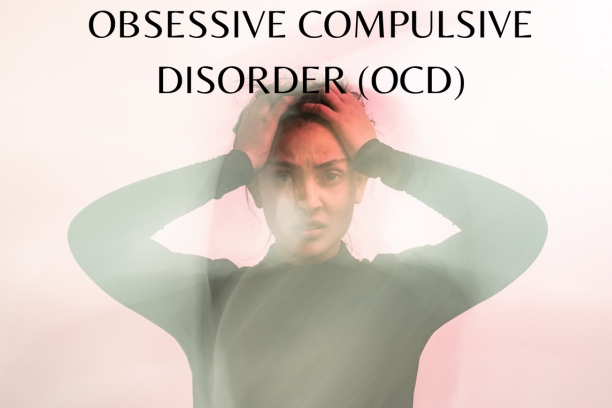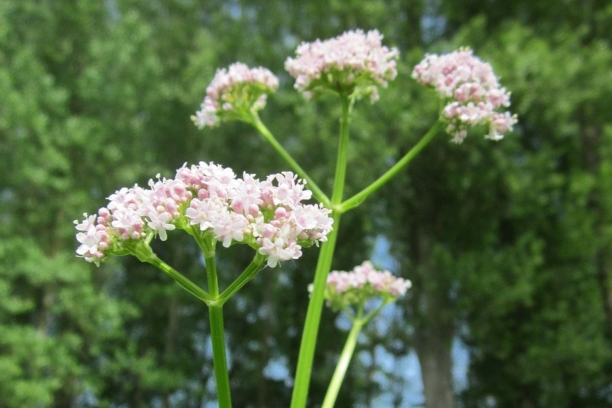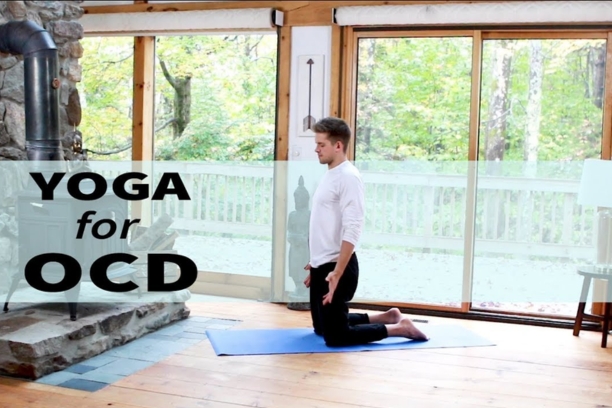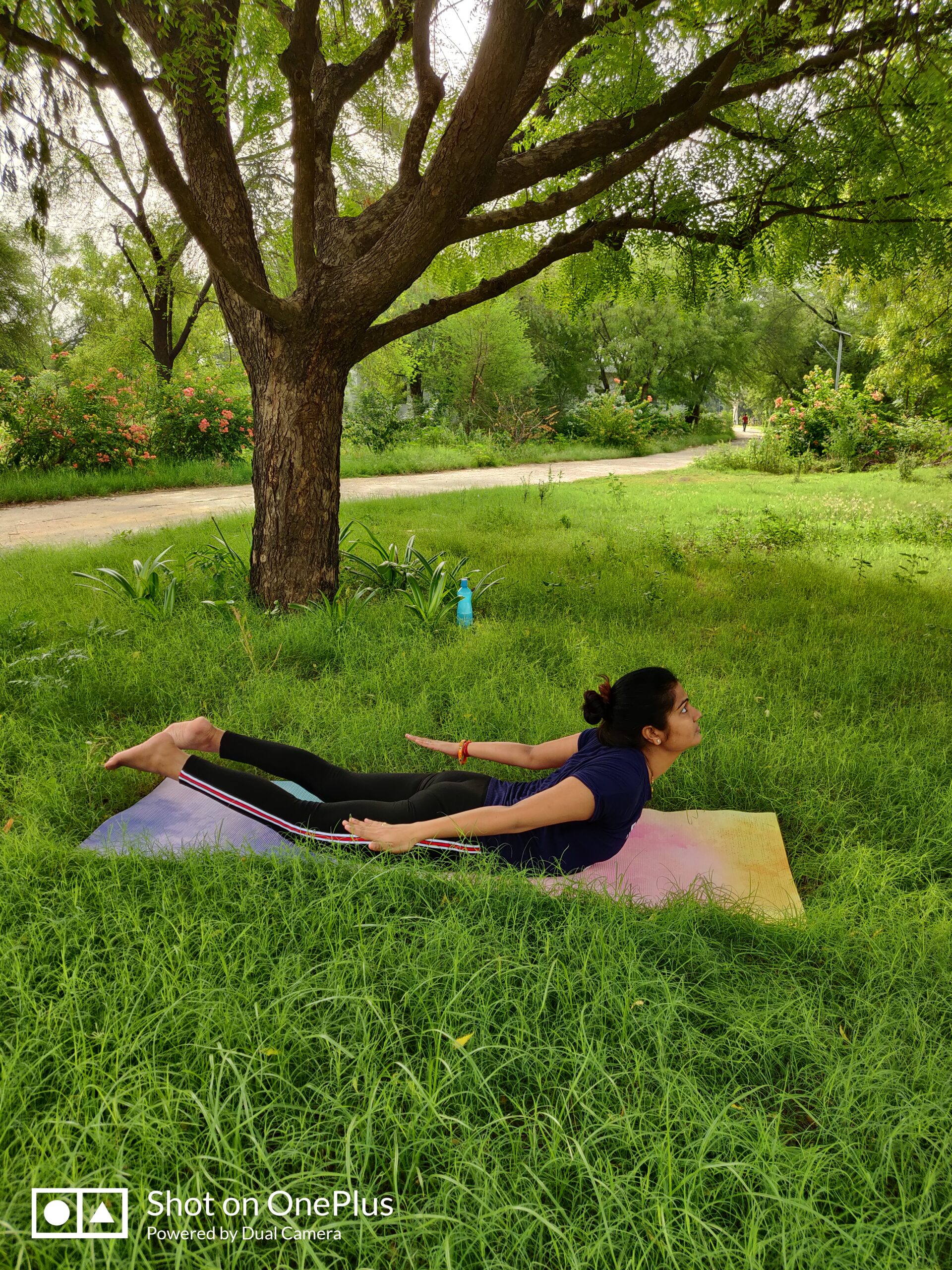Unpacking OCD: The Invisible Intruder
Obsessive-Compulsive Disorder (OCD) is a mental health condition that goes beyond the visible symptoms, delving into the intricacies of the mind.
The Many Faces of OCD
- The diverse manifestations of obsessive thoughts and compulsive behaviors.
- How OCD impacts various aspects of life, from relationships to daily routines.
Breaking the Stigma
- The importance of destigmatizing mental health conditions like OCD.
- Empowering individuals to seek help and share their experiences.
A Holistic Approach to Healing
In the journey to manage OCD, naturopathic medicine offers a holistic paradigm that integrates various elements of healing.

1: The Gut-Brain Connection
- Exploring the role of the gut microbiome in mental health.
- The potential link between diet, gut health, and OCD symptoms.
2: The Breath of Calm
- The role of pranayama in reducing anxiety and promoting relaxation.
- Breathing exercises for individuals with OCD.
Causes of OCD: Unraveling the Intricacies
Obsessive-Compulsive Disorder (OCD) is a complex mental health condition with multifaceted origins. Understanding its causes is crucial for effective management and treatment.
1: Genetic Predisposition
- The role of genetics in OCD susceptibility.
- Investigating specific genes associated with OCD risk.
2: Brain Circuitry
- Examining the brain regions implicated in OCD, including the basal ganglia and prefrontal cortex.
- How abnormalities in these brain circuits contribute to obsessive thoughts and compulsive behaviors.

3: Neurotransmitter Imbalances
- The impact of neurotransmitters like serotonin, dopamine, and glutamate in OCD development.
- How imbalances in these chemical messengers affect mood and behavior.
4: Environmental Triggers
- Exploring potential environmental factors that may trigger or exacerbate OCD, including childhood trauma and infections.
- The interaction between genetics and environment in OCD etiology.
5: The Gut-Brain Connection
- Investigating the emerging link between gut health and mental health.
- How disruptions in the gut microbiome can contribute to OCD symptoms.
Symptoms of OCD: The Invisible Struggles
OCD manifests through a range of distressing symptoms, affecting thoughts, emotions, and behaviors. Recognizing these symptoms is crucial for early intervention and support.

1: Obsessive Thoughts
- A detailed exploration of common obsessive thought patterns, including contamination fears, violent thoughts, and intrusive sexual thoughts.
- How these thoughts can lead to intense anxiety and distress.
2: Compulsive Behaviors
- Investigating the rituals and compulsions individuals with OCD engage in to alleviate anxiety.
- Common compulsions such as handwashing, checking, and counting.
3: Impact on Daily Life
- How OCD can severely disrupt daily routines, work, and relationships.
- The profound emotional toll of living with OCD.
4: Co-Occurring Conditions
- The high prevalence of co-occurring conditions with OCD, including depression, generalized anxiety disorder, and hoarding disorder.
- The challenges of treating OCD alongside these comorbidities.

5: Insight and Denial
- The spectrum of insight in individuals with OCD, from good insight to delusional beliefs in the obsessions.
- How insight levels impact treatment approaches.
6: Severity and Subtypes
- The variability in OCD severity, from mild to severe cases.
- Differentiating between OCD subtypes like contamination, harm, symmetry, and religious obsessions.
Naturopathic Treatments and Therapies for OCD
Obsessive-Compulsive Disorder (OCD) is a challenging mental health condition characterized by intrusive, distressing thoughts (obsessions) and repetitive, ritualistic behaviors (compulsions). While conventional treatments like medication and cognitive-behavioral therapy (CBT) are often effective, naturopathic medicine offers a complementary and holistic approach to managing OCD.
Understanding OCD and Naturopathic Medicine
1: Unmasking the Complexity of OCD
- A comprehensive overview of OCD, including its symptoms, prevalence, and impact on daily life.
- The need for a holistic and patient-centered approach to its management.

2: Naturopathy’s Holistic Philosophy
- Exploring the fundamental principles of naturopathic medicine, emphasizing the body’s inherent ability to heal itself.
- How naturopathic therapies align with the holistic treatment of OCD.
Dietary Interventions for OCD Relief
1: Nutrition’s Role in Mental Health
- The connection between diet and mental health, including the impact of nutrition on mood and brain function.
- The potential link between certain food additives and exacerbation of OCD symptoms.

2: The Gut-Brain Connection
- Investigating the gut-brain axis and its influence on mental health.
- The role of a balanced gut microbiome in reducing anxiety and OCD symptoms.
3: Dietary Strategies for OCD Management
- Specific dietary changes that may alleviate OCD symptoms, including reducing processed foods and incorporating brain-boosting nutrients.
- Personalized nutrition plans tailored to individuals with OCD.
Botanical Support and Herbal Therapies
1: Herbal Remedies for Anxiety Reduction
- An exploration of herbal allies like passionflower, kava, and lavender for anxiety management.
- How adaptogenic herbs can help individuals better cope with OCD-related stress.

2: Serotonin-Boosting Herbs
- Investigating herbs like St. John’s Wort, which may help modulate serotonin levels, potentially reducing obsessive thoughts.
- Herbal formulations and individualized treatment plans.
Mind-Body Approaches to OCD Relief
1: Mindfulness Meditation and OCD
- How mindfulness practices can interrupt the cycle of obsessions and compulsions.
- Mindfulness-based techniques for individuals with OCD.
2: Yoga for Mental Calm
- Yoga’s impact on reducing anxiety and promoting mental relaxation.
- Yoga postures and breathwork practices for OCD management.
Detoxification and Stress Reduction
1: Detoxifying the Body and Mind
- The role of detoxification in reducing the body’s toxic burden, potentially alleviating OCD symptoms.
- Strategies for gentle detox practices in naturopathic medicine.

2: Stress Reduction for OCD
- The undeniable link between chronic stress and OCD severity.
- Stress-reduction techniques, including hydrotherapy and sauna therapy.
The Naturopathic Patient-Centered Approach
1: The Naturopathic Doctor’s Role
- The comprehensive assessment and individualized treatment plans offered by naturopathic doctors.
- The importance of ongoing monitoring and adjustment based on individual responses.
Yogasanas and Yogic Management for OCD: A Path to Inner Peace
Obsessive-Compulsive Disorder (OCD) can be mentally and emotionally overwhelming. Integrating yogasanas and yogic management into OCD treatment can provide a holistic approach to healing and inner peace.
The Synergy of Yoga and OCD Management
1: Understanding the Mind-Body Connection
- Exploring the mind-body connection in the context of OCD.
- How yogasanas and yogic practices can influence mental health.
2: The Role of Yogasanas
- An introduction to yogasanas (yoga postures) and their therapeutic potential.
- How specific postures can address physical tension and mental distress associated with OCD.
Yogic Approaches to OCD Relief
1: Mindfulness Through Asanas
- The practice of mindfulness during yogasanas to cultivate present-moment awareness.
- How mindfulness can interrupt the cycle of obsessive thoughts and compulsions.

2: Breathwork and Pranayama
- The calming effects of controlled breathing techniques in managing OCD-related anxiety.
- Specific pranayama practices for individuals with OCD.
3: Meditation and OCD
- The use of meditation as a tool to quiet the mind and reduce intrusive thoughts.
- Guided meditation practices tailored to individuals with OCD.
Asanas for OCD Relief
1: Balasana (Child’s Pose)
- How Balasana promotes relaxation and reduces stress.
- Step-by-step guidance on practicing this asana.

2: Viparita Karani (Legs-Up-the-Wall Pose)
- The benefits of Viparita Karani in improving blood circulation and calming the mind.
- Instructions for safe and effective practice.

3: Savasana (Corpse Pose)
- Savasana’s role in deep relaxation and stress reduction.
- Tips for enhancing the experience of Savasana.

Yogic Lifestyle and OCD Management
1: Diet and Ayurveda
- The Ayurvedic approach to diet and its impact on mental well-being.
- Dietary recommendations for individuals with OCD.
2: Routines and Healthy Habits
- How establishing daily routines and healthy habits can stabilize mood and reduce OCD symptoms.
- Incorporating yoga and mindfulness into daily life.
The Naturopathic and Yogic Synergy
1: Collaborative Care
- The synergy between naturopathic treatments and yogic practices in managing OCD.
- How naturopathic doctors and yoga instructors can work together for comprehensive care.

Conclusion:
- Empowering individuals to explore holistic approaches to OCD management.
- The promise of holistic healing in nurturing emotional well-being, breaking free from the chains of OCD, and embracing life’s fullness.
- Empowering individuals to explore naturopathic treatments and therapies as part of their OCD management.
- Highlighting the intricate interplay of genetic, neurological, environmental, and psychological factors in OCD causation.
- Empowering individuals with OCD to explore the calming and healing potential of yogasanas and yogic practices.
- The promise of yoga as a path to inner peace, reducing the impact of OCD on daily life.




